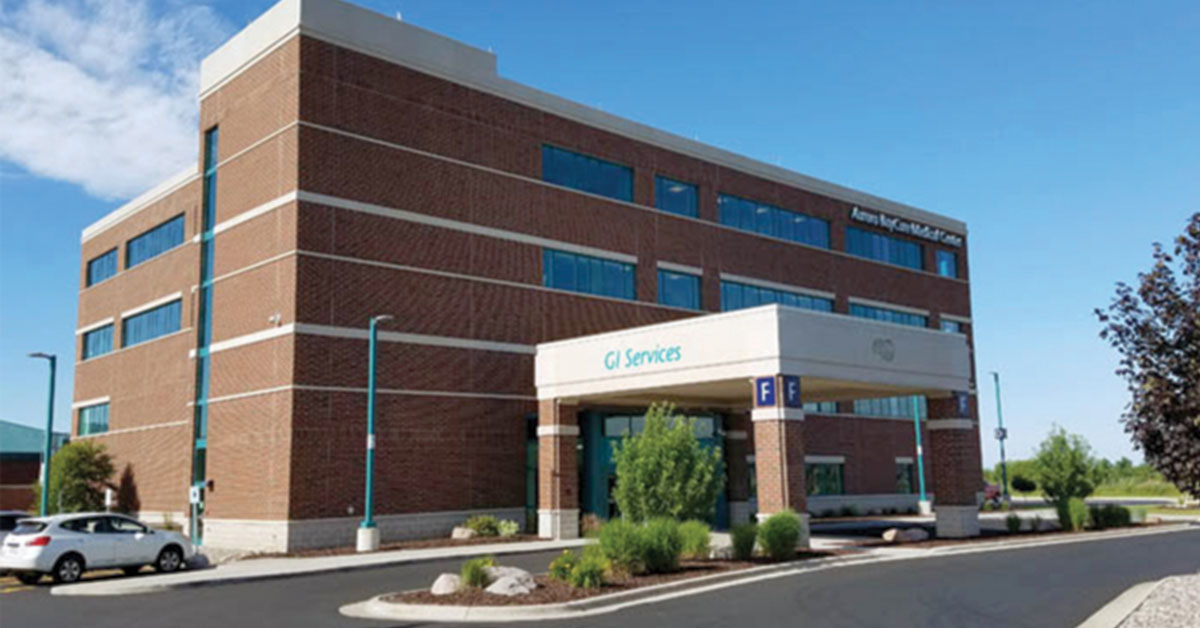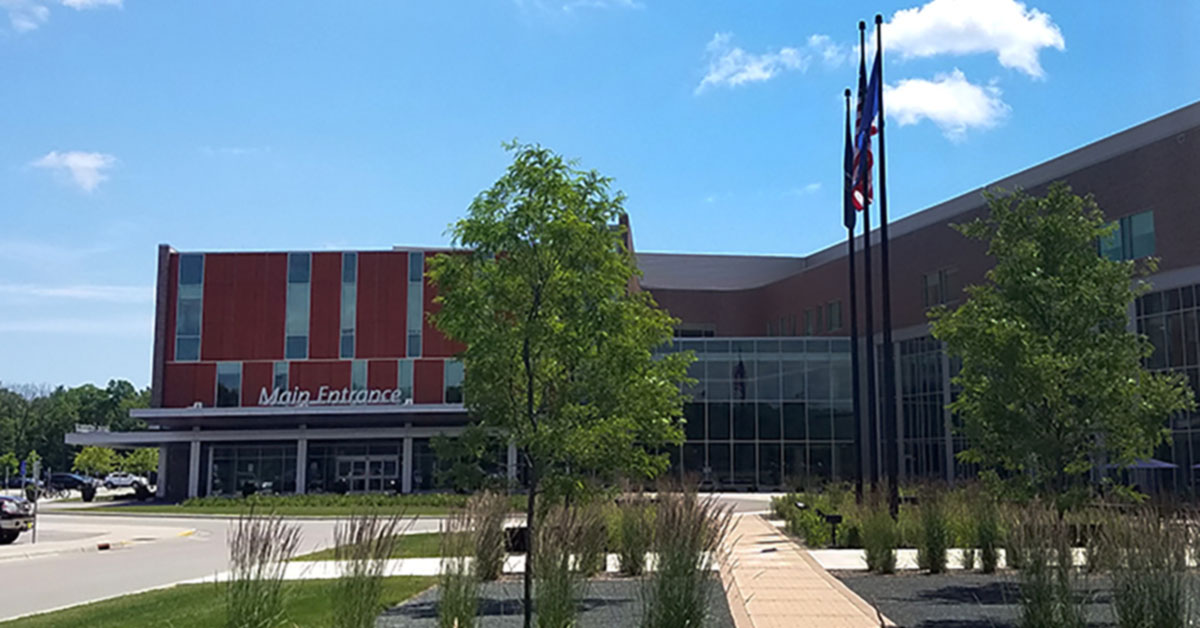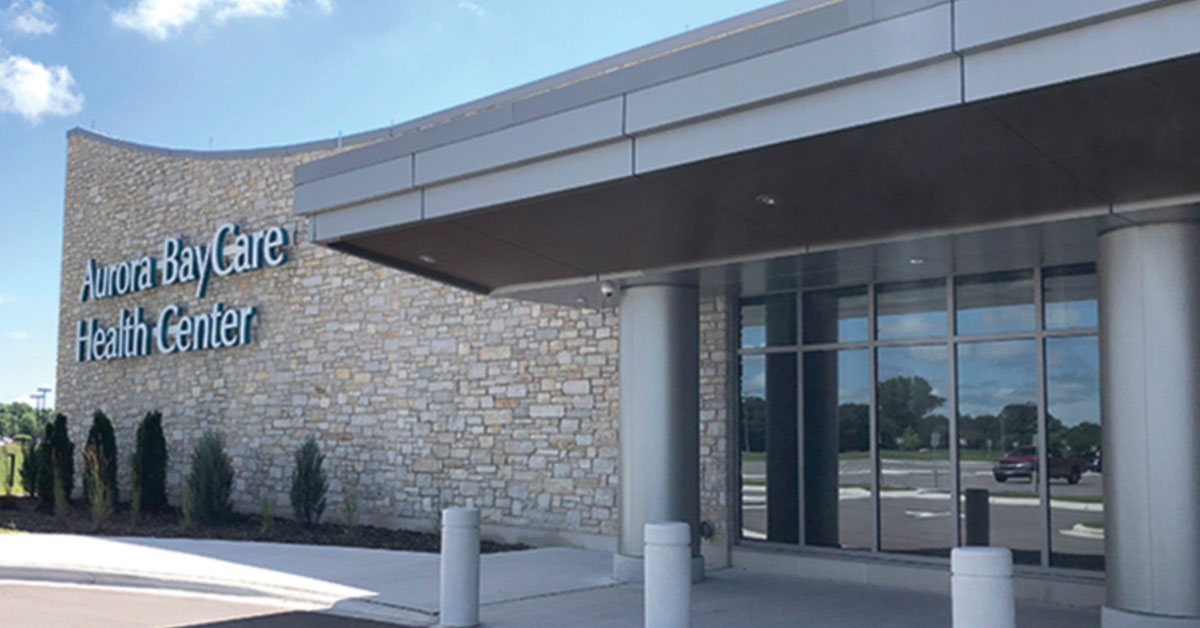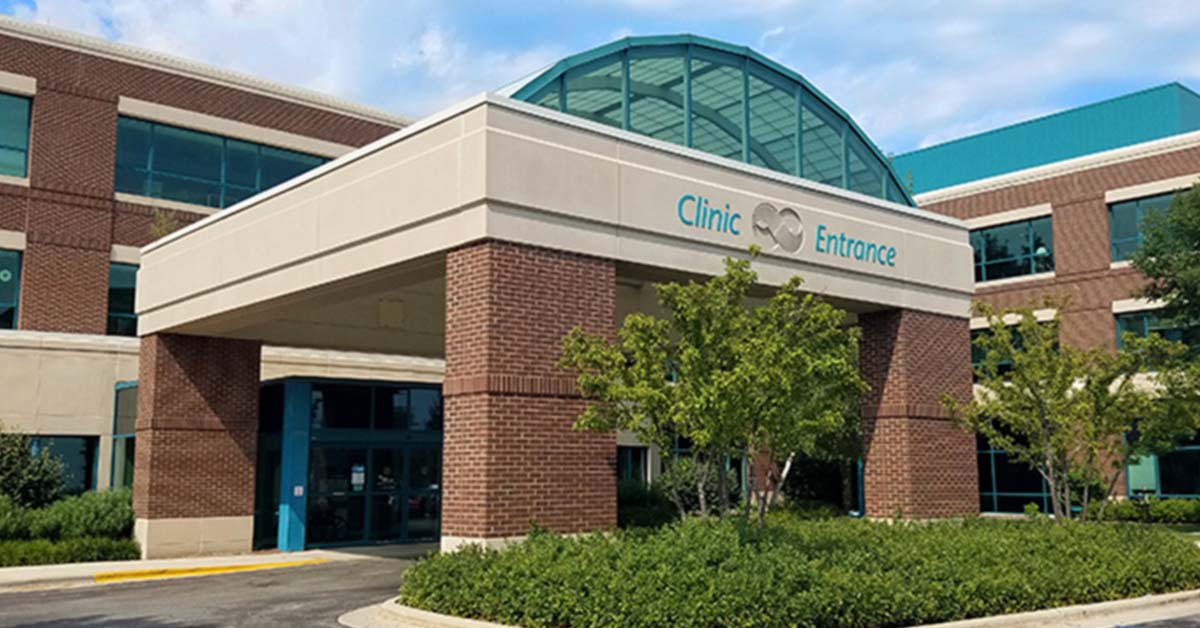Nose Specialists
Ear, Nose & Throat
Treatment for nasal and sinus conditions
Nasal and sinus conditions occur regularly in a large percentage of the population. They may be a result of allergies, nasal or sinus inflammation, or even a deviated septum.
Our providers are specifically trained to treat common nasal conditions including:
- Congestion or chronic obstruction
- Deviated septum
- Foreign object removal
- Nasal polyps
- Nosebleeds
- Rhinitis
- Sinus allergies
- Sinusitis
Sinusitis and treatment options
Sinusitis or a sinus infection is a common condition and can occur in adults and children after an upper respiratory infection, a common cold or allergies. Sinuses are hollow cavities found near your nasal passage and eyes. The infection becomes trapped in the sinus cavities and may cause inflammation, pressure and pain.
Our providers may recommend a variety of treatment options including prescription medication, pain relievers, antibiotics, immunotherapy options or surgery.
Surgical treatment for sinusitis may include the use of Propel, which is a sinus stent. Sinus surgery with the Propel sinus stent uses a combination of device design and medication delivery to improve the outcomes of surgery and provide relief at the source.
There are different types of sinusitis including acute, subacute, chronic or recurrent.
Symptoms of sinusitis may include runny nose or other cold symptoms lasting longer than 10 days, post nasal drip, headaches, facial discomfort, bad breath, cough, fever, sore throat and swelling around the eyes.
These symptoms also resemble other medical conditions. Our ear, nose and throat doctors can diagnose and treat the root cause of your symptoms.
Deviated septum
Another common cause of nasal obstruction and congestion is a deviated septum, which occurs when the thin wall between your nasal passages is displaced, making one nasal passage smaller.
A deviated septum can sometimes make breathing difficult, create facial pain and cause nosebleeds. Our ear, nose and throat doctors can determine the best possible treatment for your nasal obstruction, which may include medications, nasal dilators or surgery if necessary.
Nasal polyps
Nasal polyps are most common in young and middle-aged adults. They are soft, painless, noncancerous growths that form in your nasal passages or sinuses.
Small polyps usually go unnoticed. Larger polyps may restrict nasal passages or cause difficulty breathing. They may also contribute to diminished sense of smell and chronic infections, inflammation and irritation.
Symptoms of nasal polyps include a runny nose, persistent congestion, facial pain or headache, teeth pain, frequent nosebleeds, and decreased sense of smell and or taste. Treatment for polyps can include medication as well as nonsurgical and surgical procedures.
One nonsurgical treatment for nasal polyps is Sinuva, a stent implant. It delivers anti-inflammatory medicine directly to the nasal polyps, providing up to 90 days of continuous relief. Placed in your ethmoid sinus, Sinuva is usually not able to be felt. It is removed by your provider 90 days after placement or sooner.
Common nose questions
While an antibiotic may get rid of bacteria causing the infection, there may still be inflammation or blockage left in the sinuses. It is important to determine whether underlying problems like allergies or sensitivity to irritants like smoke, perfumes or weather changes may be setting the stage for infection. Mechanical blockage of the sinuses also may be a problem. If your infections keep recurring, our ear, nose and throat doctors can determine what other treatment options – including medications like nasal sprays, humidifiers, and surgery – are available.
Sinus infections can occur for a variety of reasons. If your sinus infections are prolonged or frequent, treatment may include antibiotics, mucous thinning agents, decongestants and nasal steroid sprays. In some cases, there is blockage of the sinuses, requiring surgical drainage. Our ear, nose and throat specialists can help determine the best treatment for chronic sinusitis.
Not all nasal fractures require repair. Fractures that do require repair are usually repaired five to ten days after injury. Our ear, nose and throat doctors can evaluate your situation and make recommendations based on the severity of the fracture and the amount of time that has passed since the injury occurred.



